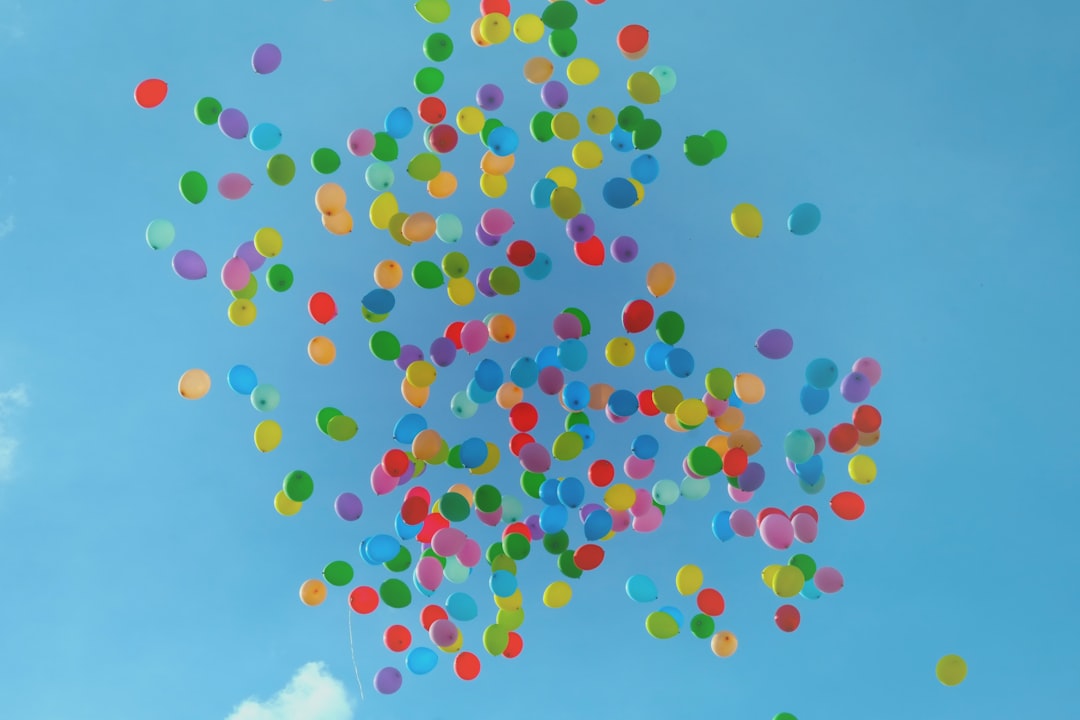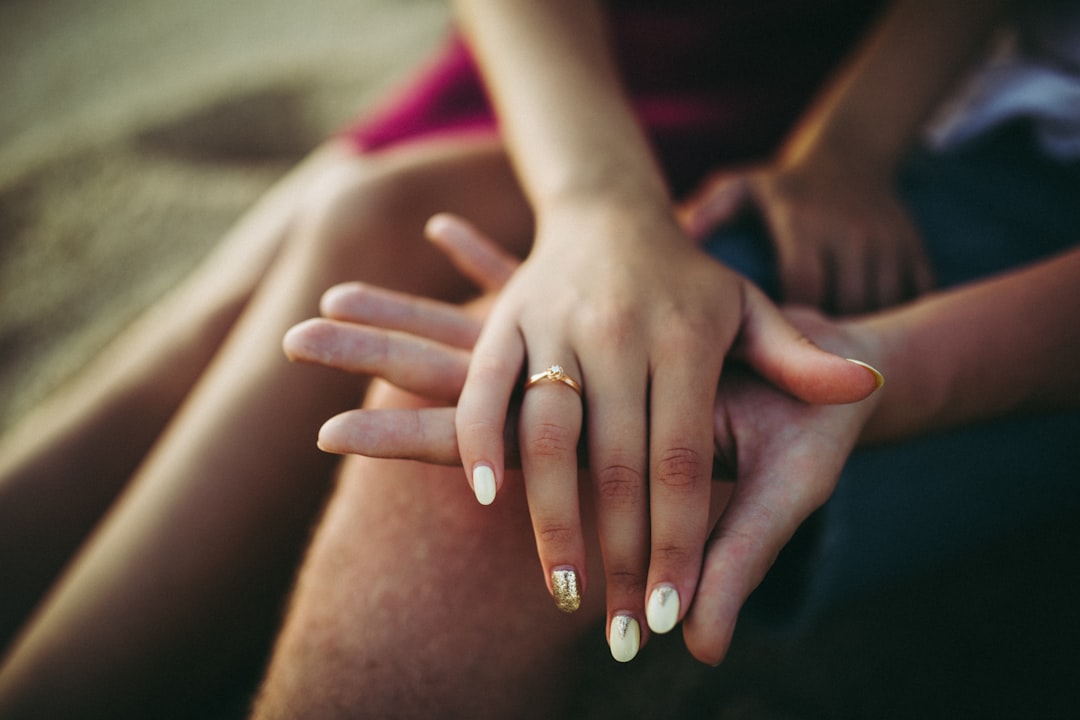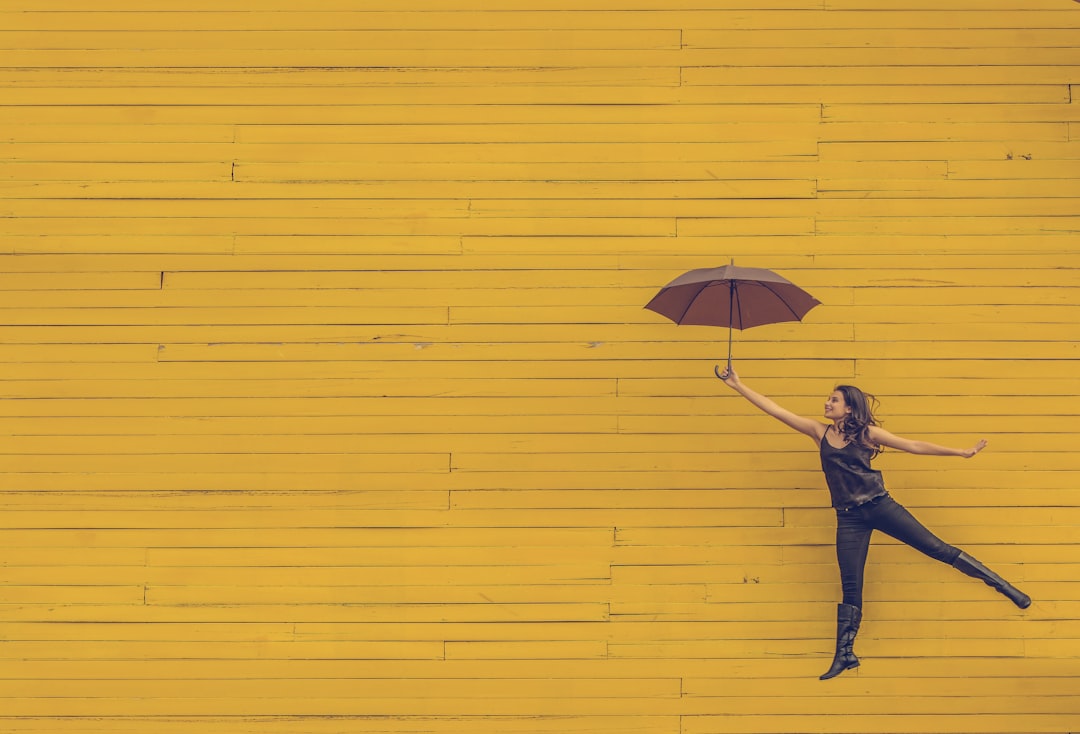We are all living in a materialistic world. Most of our needs and wants can be bought by money, shoving them to our faces through advertisements. Most of the time, we give in, not initially thinking if we do need those things in our lives or not. In the end, some of these things which were used a couple of times, are then eventually tucked away into obscurity.
Soon enough, those things would pile up and end up as clutter. Soon enough, you would not know how to fix the consequences of your impulsive behavior. Soon enough, you’ll realize how getting rid of unnecessary stuff is easier said than done, much more difficult if you’re the sentimental type.
Sounds familiar? Perhaps you have been in the same situation. Most people love to collect things as long as there is still available space to squeeze those stuff in. However, no matter how much worldly possession we have the more stress and misery it would bring.
Some people, on the other hand, have already embraced minimalism, and most of them reported a more fulfilled life after shifting into the said lifestyle. They did this by discarding all the things that are not important and retained those that are truly essential in their lives.
Having said that, what are the benefits one can get for having a minimalist lifestyle?
Sensible Purchasing
Photo by Raquel Martínez / Unsplash
Most of us tend to buy things as soon as it catches our attention. However, not all of them are useful in our lives and are considered a luxury. Some are not even used shortly after being bought. Basically, money is wasted on useless things. By living a minimalist lifestyle, not only we are more conscious of what we buy, but also we can save more money for more important things.
Less Stress and Misery
Photo by Nathan McBride / Unsplash
Have you ever entered a messy room? You see a friend with his new shiny car; while here you are, still commuting to work. Feels stressful right?
By being a minimalist, you won’t have to spend time decluttering stuff and dreading every single minute of it. In addition, comparing yourself with someone or impressing people with more material things can make you feel miserable. In other words, having enough possessions you actually need can reduce that feeling of stress and misery in life.
More Freedom
Photo by Luca Upper / Unsplash
In relation to the above reason, trying to impress people or comparing yourself with others can create more pressure on your part. But that should not be the case. Instead, by being a minimalist, you can focus on improving yourself. Basically, you have more freedom to choose what you want in life, which is not mostly material things.
Better Relationships
Photo by Andrew Avdeev / Unsplash
When you begin to stop lusting for other things or stop impressing other people, you’ll begin to have better relationships, just by being yourself. After all, most people will love you for being you, and most worthwhile relationships are based on great memories and experiences.
Better Health
Photo by Patrick Hendry / Unsplash
Most of us may be guilty of one of the seven deadly sins: gluttony. Of course, it’s not all that bad to enjoy the food every now and then. However, too much of it can lead to health problems. Contrary to usual belief, minimalism does not only involve material possessions but can also include the quality and quantity of our diet. By adopting a minimalist lifestyle, we can focus on improving our well-being.
Greater Sense of Purpose
Photo by Edu Lauton / Unsplash
By combining the above benefits, we can achieve a clearer sense of purpose in life. In addition, surrounding yourself with only the things that are truly valuable, will make you happier, less stressed and more fulfilled.
Take it From a Certified Minimalist
Japanese people are known for their minimalist lifestyle. When you go inside a typical Japanese home, you would only see the most important things in a home: a bed, a table, and some home appliances.
In the words of Fumio Sasaki, 35, and a self-confessed minimalist, he said: “Everyone wants to be happy. But trying to buy happiness only makes us happy for a little while. We are lost when it comes to true happiness. After what I’ve been through, I think saying goodbye to your things is more than an exercise in tidying up. I think it’s an exercise in learning about true happiness.”














